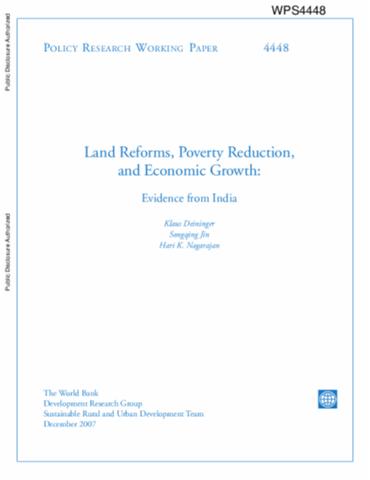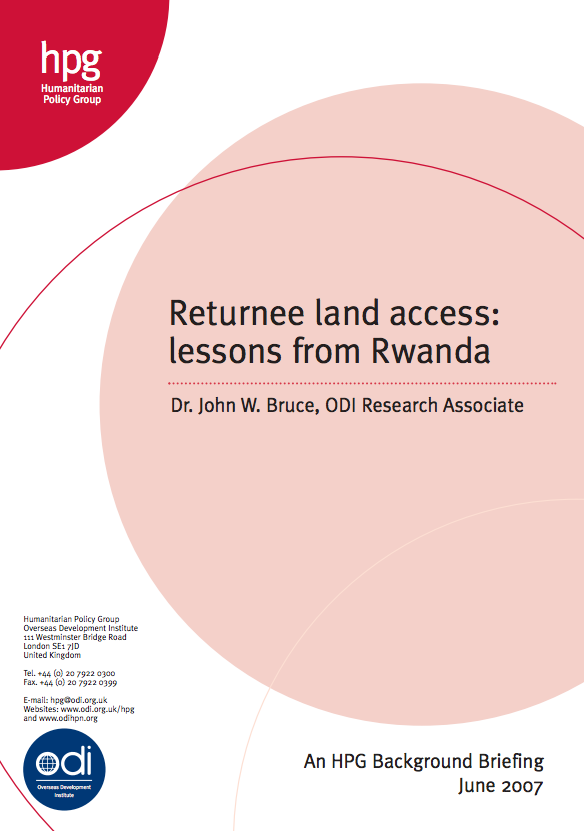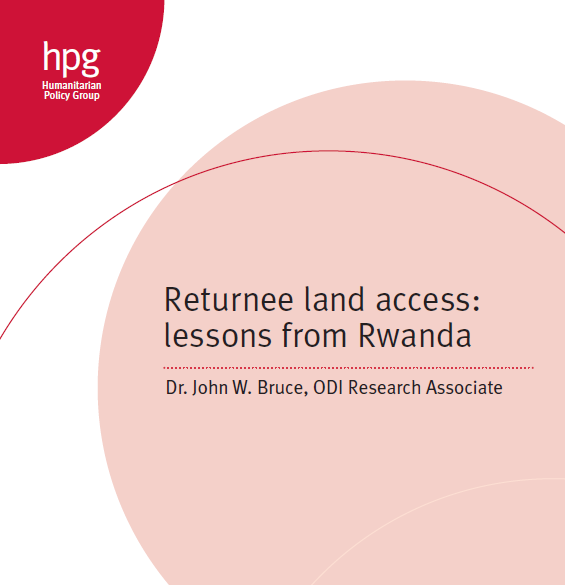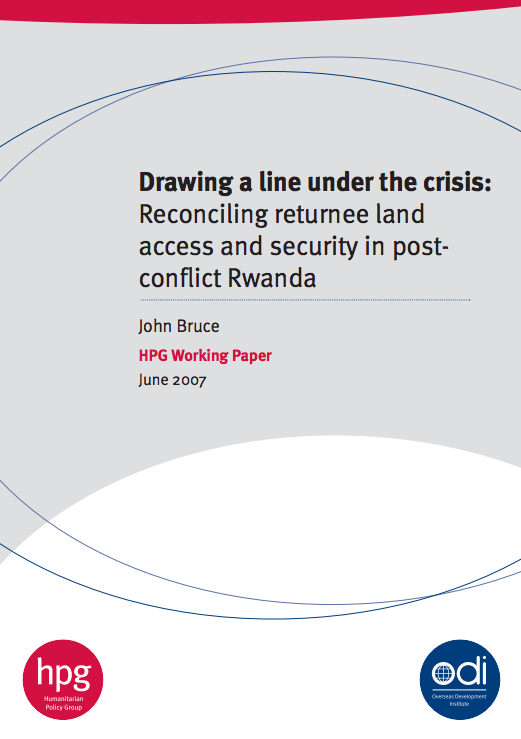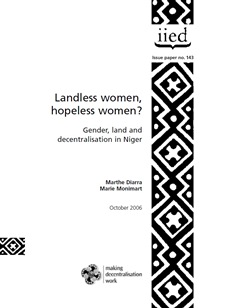Land Reforms, Poverty Reduction, and Economic Growth : Evidence from India
Recognition of the importance of institutions that provide security of property rights and relatively equal access to economic resources to a broad cross-section of society has renewed interest in the potential of asset redistribution, including land reforms. Empirical analysis of the impact of such policies is, however, scant and often contradictory. This paper uses panel household data from India, together with state-level variation in the implementation of land reform, to address some of the deficiencies of earlier studies.

